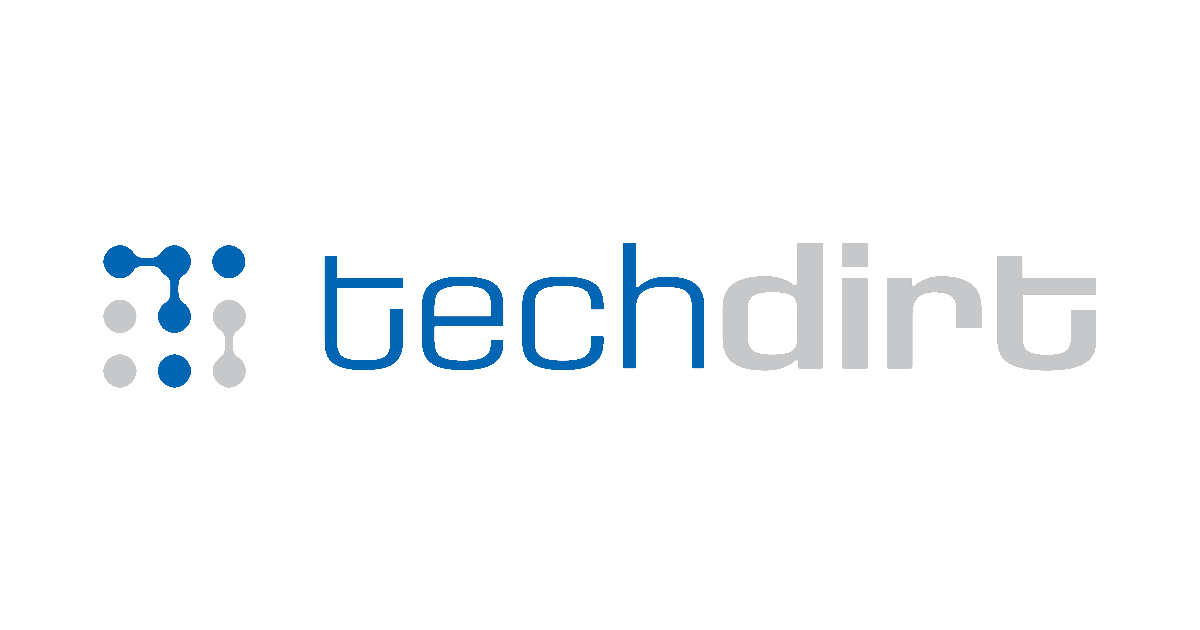On Friday SCOTUS Will Decide Whether TikTok Can Be Banned; We Told It The First Amendment Says No
On Friday SCOTUS Will Decide Whether TikTok Can Be Banned; We Told It The First Amendment Says No

On Friday SCOTUS Will Decide Whether TikTok Can Be Banned; We Told It The First Amendment Says No



